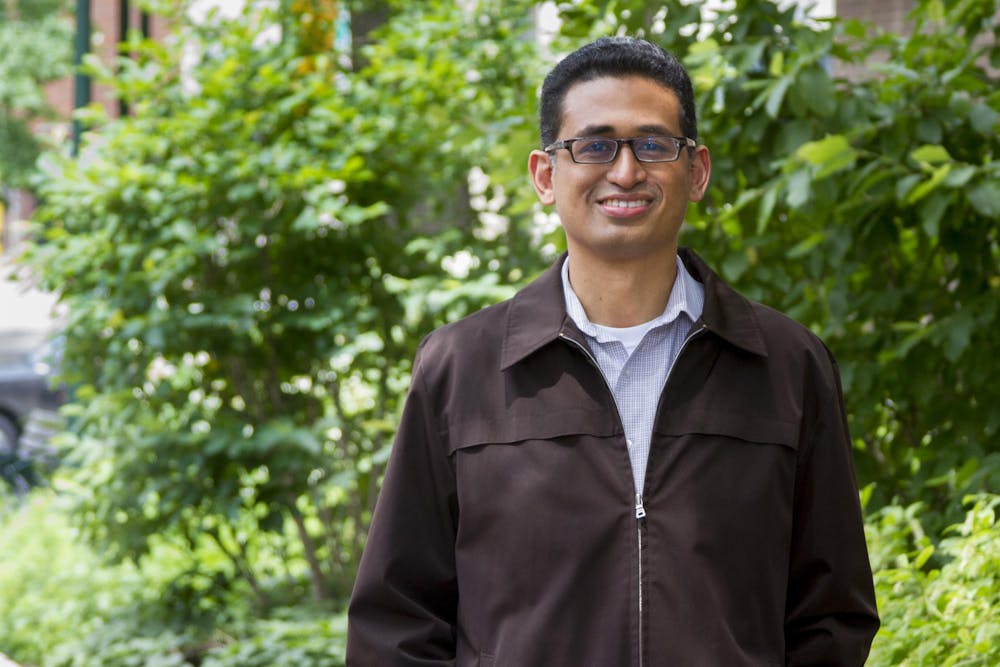
Rand Quinn has been appointed the next faculty director of Civic House and the Civic Scholars Program.
Quinn, an associate professor in the Graduate School of Education, will assume his role on Aug. 1. His appointment was announced by Provost John Jackson Jr. on July 27.
“Rand Quinn is an ideal leader to help us chart the future of Civic House and Civic Scholars,” Jackson wrote in the announcement. “He is deeply experienced in civic engagement and community service, and he is devoted to mentoring students — both graduate and undergraduate — and bringing them together with schools and nonprofit organizations across Philadelphia.”
Quinn joined the Graduate School of Education faculty in 2012. His research focuses on organizing and activism in public education and the politics of race and class in urban school reform.
He has held several roles at Penn, including senior faculty mentor for the Penn Graduate Community-Engaged Research Mentorship program at the Netter Center for Community Partnerships and a member of the advisory committee of the Environmental Innovations Initiative.
Civic House is Penn’s hub for community engagement, offering approximately 50 student-run advocacy and service groups. The Civic Scholars Program is one of its integral offerings, giving students an undergraduate experience that infuses community service with scholarship.
Prior to arriving at Penn, Quinn held a Presidential Postdoctoral Fellowship at the University of California at Berkeley. He has a Ph.D. in education, a master's degree in political science, and a bachelor's degree in linguistics from Stanford University as well as an M.A. in education from San Francisco State University.
“[Quinn’s] remarkable ability to unify research, policy, and practice will help shape new paths of inquiry across our campus and our wider communities,” Jackson wrote.
The Daily Pennsylvanian is an independent, student-run newspaper. Please consider making a donation to support the coverage that shapes the University. Your generosity ensures a future of strong journalism at Penn.
Donate







